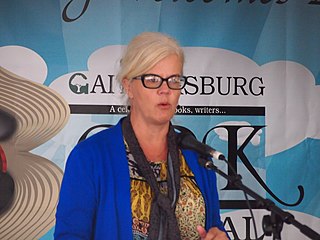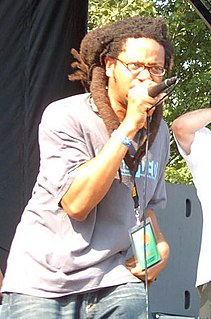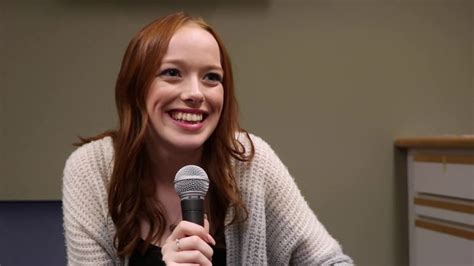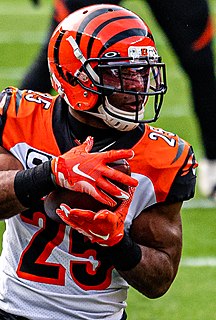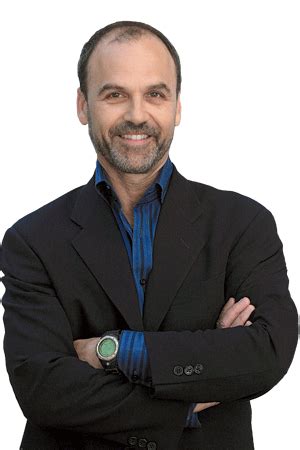A Quote by Assata Shakur
To have one's race brutally treated for so many years, even after the end of slavery and segregation, people are going to rise up with violence to attain what they believe is rightfully theirs. The most important thing at this time is raising the awareness of everyone; people need to be educated everywhere about all aspects of racism and how it affects people still today.
Quote Topics
About
Affects
After
Aspects
Attain
Awareness
Believe
Brutally
Educated
End
Even
Everyone
Everywhere
Going
How
Important
Important Thing
Many
Most
Most Important Thing
Need
People
Race
Racism
Raising
Rightfully
Rise
Segregation
Slavery
So Many Years
Still
The Most Important
Thing
Time
Today
Treated
Up
Violence
Years
Related Quotes
So many white people don't want to talk about race; it's uncomfortable. Many reason that slavery happened more than a century ago, and people alive today had nothing to do with it. But the particulars of these stories, from slavery to segregation to civil rights and mass incarceration, are at the marrow of life in America today.
There are places and spaces for black writers to write about race as a central thing. It's important. We're still dealing with the remnants of slavery. We're still dealing with racism on a daily basis. For me, I choose to write books about black people where we are normal. I was raised to believe that I deserve to be in a room just like anybody else. I try to write books like that.
As far as sometimes being involved with different demonstrations, I did an anti-war protest in San Fran in January, and I'm standing there, amongst all these people, and it's this great thing to see people being active and actually standing up for what they believe in and still letting the government know that there are people who will still sacrifice a portion of their day to stand up for what they care about, but I'm just thinking to myself, "God, man, these protests have been going on throughout I-don't-even-know-how-many years, and here we are again."
I've always been interested in history, but they never taught Negro history in the public schools...I don't see how a history of the United States can be written honestly without including the Negro. I didn't [paint] just as a historical thing, but because I believe these things tie up with the Negro today. We don't have a physical slavery, but an economic slavery. If these people, who were so much worse off than the people today, could conquer their slavery, we can certainly do the same thing....I am not a politician. I'm an artist, just trying to do my part to bring this thing about.
The true story is that black people need to tell their history. Very few films are made by black people about slavery. That itself is a crime because slavery is a very important historical event that has held our people hostage. Forget white people's role in it. In the end what's important is black people remain and live with the scars and psychological issues.
More than 150 years after Lincoln's Emancipation Proclamation, slavery is illegal almost everywhere. But it is still not abolished - not even here, in the land of the free. On the contrary, there is a cancer of violence, a modern-day slavery growing in America by the day, in the very places where we live and work. It's called human trafficking.
I will tell you one other thing about money: when you don't have it, it sure as hell affects the quality of people's health, and their relationships. And paper money isn't even real today, right? It's all really ones and zeros in computers today. But at the same time, if you don't have it, it certainly affects the quality of your life.
I don't know how much things have changed. You still need to be able to run the ball, pick up blitzes and catch the ball out of the backfield. Perhaps you need a running back to do a little bit more or be more versatile today but that is a good thing. People say we get hurt and don't last as long, but it's still an important position and you need everyone in the backfield to be able to contribute.
How do people move on after they've lost the love of their life? It's a really interesting thing to look at. It happens to people every day: you see people... even in the worst, most war-torn places, people get up and continue with their lives. And it's a fascinating thing about human nature. That ability to just continue on.
The problem is that white people see racism as conscious hate, when racism is bigger than that. Racism is a complex system of social and political levers and pulleys set up generations ago to continue working on the behalf of whites at other people's expense, whether whites know/like it or not. Racism is an insidious cultural disease. It is so insidious that it doesn't care if you are a white person who likes Black people; it's still going to find a way to infect how you deal with people who don't look like you.

